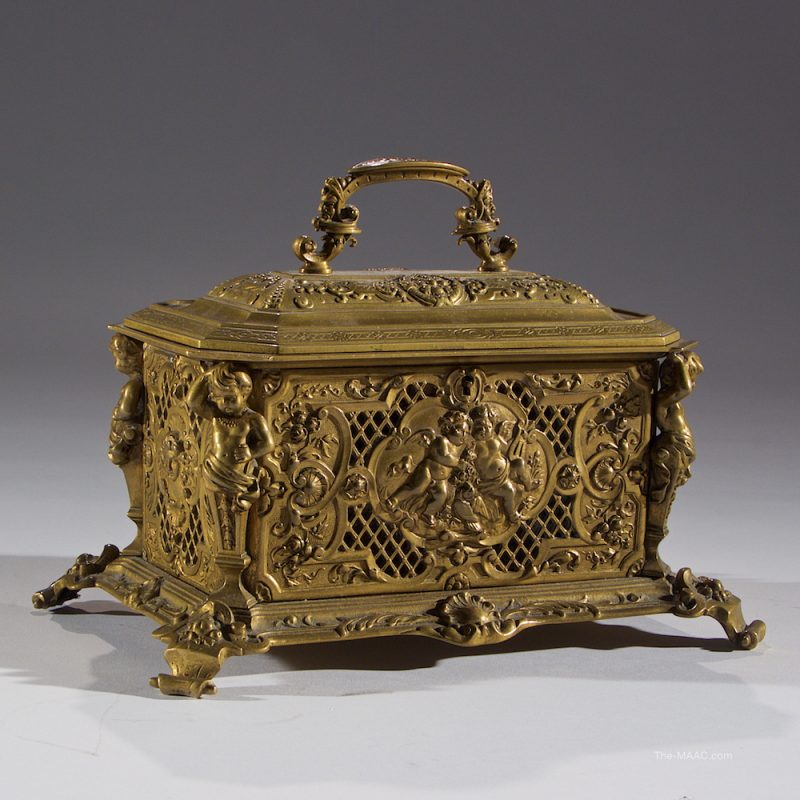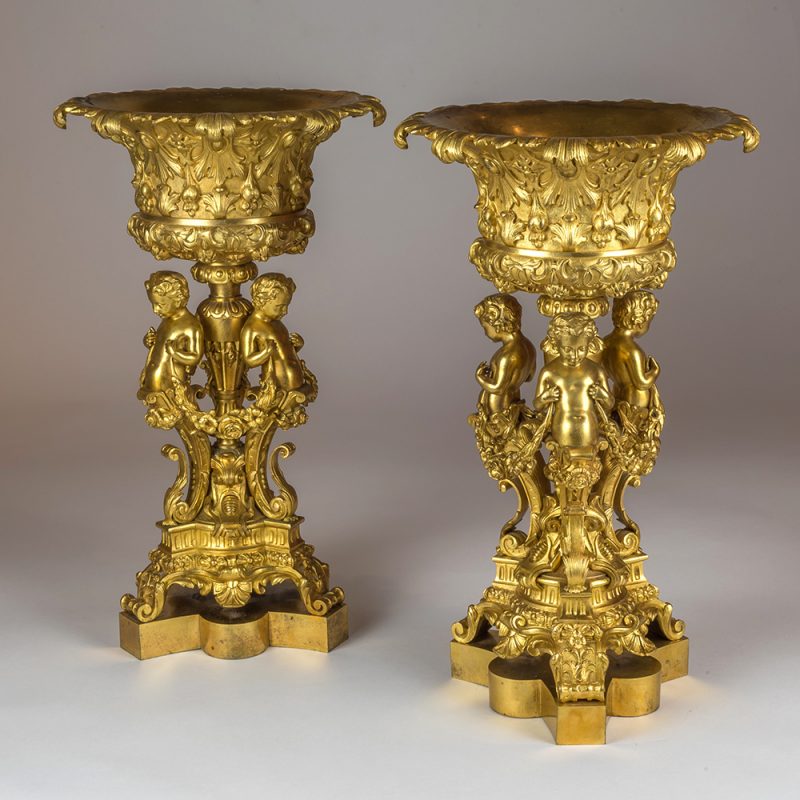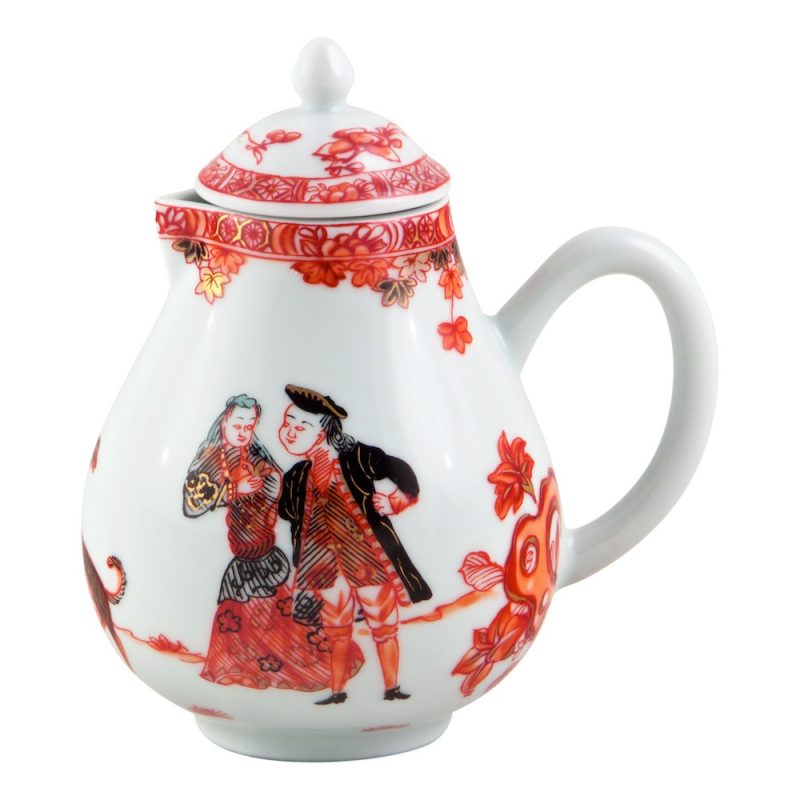What is an Antique Picker?
An Antique Picker is someone who is skilled in the art of buying antiques from a range of sources and then selling them, at a profit, to antique dealers and shops. Dealers are obviously not able to attend every auction, market or estate sale to find their merchandise and so they rely on expert and trustworthy pickers to find the rare and precious items for their shops. Many dealers will tell you that a lot of their inventory has originated through many years of trading, collecting, gathering and from excellent finds from pickers.

French Bronze Jewelry Casket. 19th century bronze jewelry casket with cupids. Bronze, France, 1870’s. [ Robin’s Antiques | Gallery #62 | 212.310.0158 | robinsantiques@gmail.com ]
Look what I just “picked” up
The “picker” occupation has come into the spotlight through antique themed television shows like “American Pickers” and “Antiques Roadshow”. A great picker is an artist, able to spot the diamond in the rough. There are many pickers who have full time jobs but “pick” in their spare time. They venture out during lunches or weekends to satiate their hunger for collecting and to help supplement their income in the process. But the extraordinary professional pickers possess a real talent for the business and can often turn small investments into significant income. Let’s look at how you can go about learning the basics of the craft.
The first thing you will need to start your picking journey is a little capital. It does not need to be a large some. At the outset a large car or truck is not going to be necessary if you start with jewelry, glass, china, silver, old bottles etc. But as you build your business you might naturally find that your own vehicle will serve you well.
Dealers Choice
You will need to establish relationships with the antique shops that are going to be your clients for the foreseeable future. Define the area that you think you can service. As a rule some dealers in cities will pay more than their small town counterparts. When you go into a gallery or shop talk to the owner and get a sense for what they specialize in and what they are looking to acquire.

An Elaborate Pair of Figural Gilt Bronze Tazzas Supported by Three Cherubs. French, circa 1860. [ F & P Associates | Gallery #83 | 212.644.5885 | fp26@verizon.net ]
You can now tell the person that you are a picker and that there is a possibility that you will be able to supply the shop with the items they are looking for and need. If you have built a rapport with the shopkeeper, you can also chat about the kinds of prices that he usually pays for specific items. As soon as you leave the shop take extensive notes about everything you have learnt about the shop, owner, merchandise and pricing.
The Pickers Toolbox
1) Choose a Specialty: When you are starting out and doing research about a particular period or item it will help you to focus on one area only. You don’t want to overwhelm yourself with so much information that you can’t tell the forest from the trees. If you narrow your focus you will get better at spotting those items. Dealers will also come to know you as an expert in a particular area and be more prone to trust you.
2) Be Honest and Trustworthy: If you wish to have a long career in the industry do not ever cheat anyone or misrepresent your wares. It can be very easy to take advantage of very trusting, gullible people so just don’t do it. Be clever, astute and play the game but you must be able to sleep at night and become a reliable picker for the long run.
3) Do the Research: Spend some time studying books and articles of a particular period or style. Immerse yourself in the subject matter to assist you with being able to spot the pieces that can often be covered in dust and dirt in an old farm sale. You don’t need a degree only a desire to learn. Knowledge just makes you more effective in the field.
4) Learn to Work with a Fluctuating Market: The antiques market prices go up and down all the time. Sometimes this is due to scarcity and the prices go up and at other times the prices might drop dramatically for no apparent reason. But one thing you can be sure of is that the market is cyclical and the prices will go up again (and down). If you have a little capital and you have been in the business for a while, you can buy up items that have gone down substantially in price, store them and wait until their popularity comes around again and you will make a great profit.
Read more next week in Part 2 – where we’ll give you more tips – including about where to find items and auction bidding.





